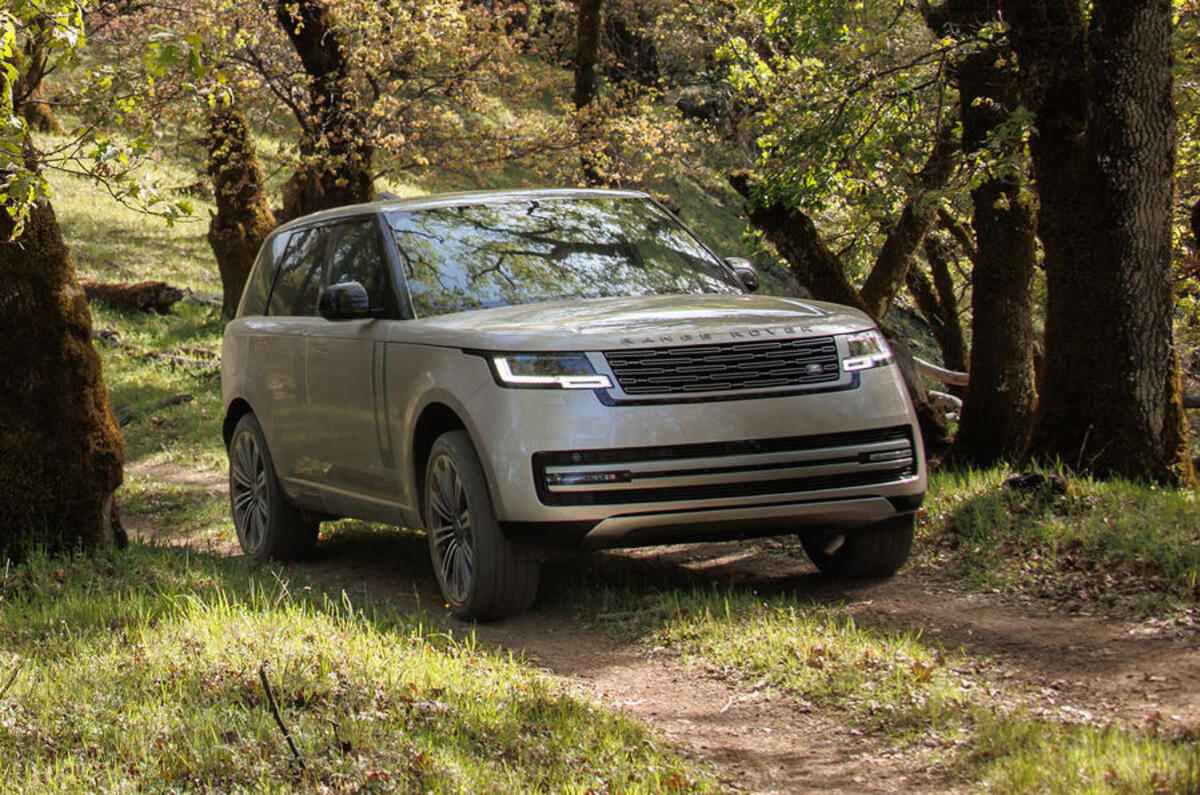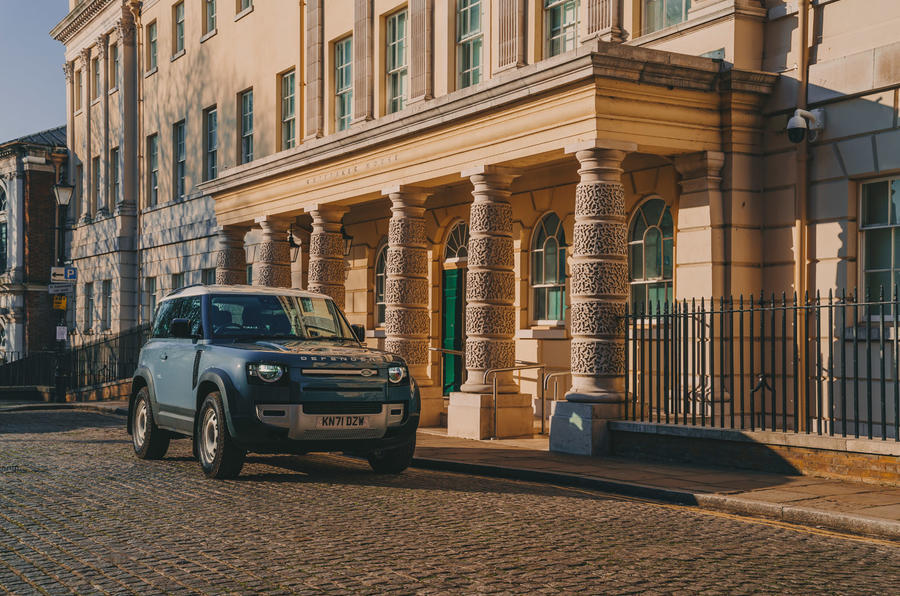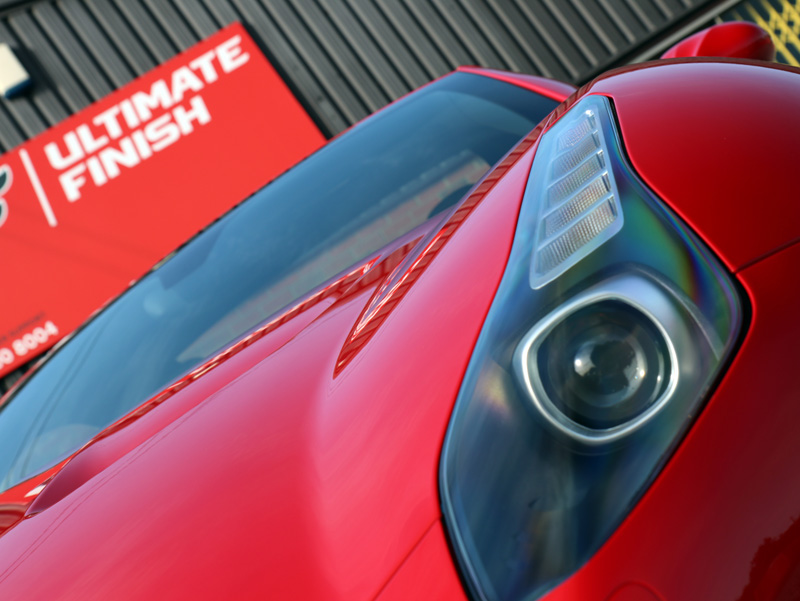Global chip shortage

Chip shortage
Jaguar Land Rover blames chip shortage for £455m loss in 2021
In its latest fiscal year report, Jaguar Land Rover recorded 45 455 million in pre-tax losses, exposing the effects of semiconductor shortages.
That figure includes an exceptional 43 43m cost for the company's operations in Russia,
where the company stopped selling in March following the country's invasion of Ukraine.
Revenue for the year fell 7% year-on-year to 18 18.3bn as a result of the company's output falling due to a shortage of key computing chips.
Last year, by contrast, Jaguar Land Rover posted a £662m overall profit
, but around £1.5bn in expenses relating to its Reimagine transformation strategy sent it to an overall £861m loss.
Sales volumes for the British manufacturer were down significantly in the year ending 31 March 2022
, with wholesales dropping 15% to 294,182 units and retail sales falling by 14% o 376,381 units.
That's despite a late increase in wholesales by 11% in the final quarter, and retail sales dipping just 1% in the same three-month period.
This growth, JLR notes, was offset by the end of production of the popular previous-generation Range Rover, limiting revenue growth to just 1%, at £4.8bn for the quarter.
However, the firm notes a dramatic increase in the proportion of electrified vehicle sales - whether pure-electric, plug-in hybrid or mild-hybrid.
These accounted for some 66% of its overall sales, up from 51% in 2021.
As of 31 March 2022, JLR has a record 168,000 orders to fulfil, some 46,000 of which are for the new Range Rover and 41,000 for the Land Rover Defender.
Most importantly, the JLR says Russia and Ukraine - markets where cars are not currently sold - typically account for about 2.5% of sales.
It says it "supplies a relatively small number of parts sourced from affected countries," but "it 's too early to say how future supply and pricing could affect goods."
JLR expects a "gradual improvement" with regard to the semiconductor supply shortage throughout 2022 and into 2023.
But it says its volumes for the first quarter will be impacted by Covid lockdowns in China – a crucial market –
and the changeover to a new generation of its highly popular Range Rover Sport.
It says it is possible this volume reduction will result in a pre-tax loss and negative cash flows,
but anticipates improvement thereafter, leading to a projected 5% operating margin and £1bn in positive cash flow for the financial year.
The firm is still striving to achieve a 10%-plus margin by financial year 2026 and 'near-zero net debt' in the 2024 financial year.
CEO Thierry Bolloré said: "The environment remains difficult in light of the global chip shortage and other challenges
However, I’m encouraged by the continuing strong customer demand for our products, highlighted by a record order book.
"And we are continuing to execute our Reimagine Strategy with exciting new products like the Defender,
New Range Rover and just announced New Range Rover Sport while we are rapidly progressing our plans
for a new generation of electric vehicles with our all electric Jaguar strategy and BEV first EMA platform for new Land Rover products."
Following the launch of the new Range Rover and Range Rover Sport in 2022,
Land Rover will finalise development of electric versions of each for launch in 2024 and four more EV models by 2026.
Meanwhile, Jaguar will not launch any new products until 2025, whereupon it will be relaunched as an all-electric luxury marque.


.png)
.png)
.png)
.png)




